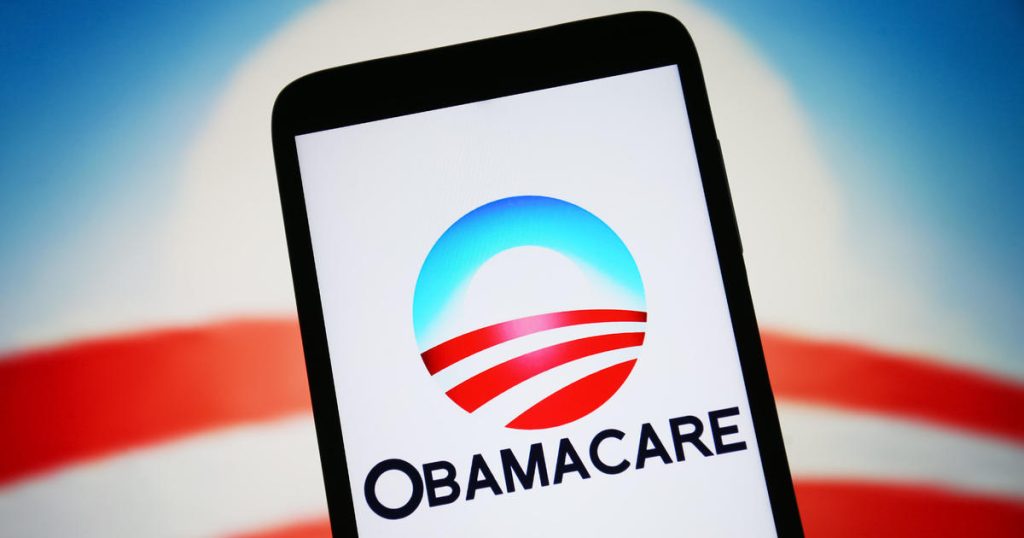With Republicans potentially gaining control of Congress, many Americans who currently receive enhanced subsidies through the Affordable Care Act (ACA) may be at risk of losing that financial assistance. The Senate has already been won by Republicans, and the House remains in limbo as votes continue to be tallied. If Republicans gain control, the enhanced ACA subsidies are expected to expire at the end of 2025, potentially leaving many people without the financial support they currently rely on.
Enhanced ACA subsidies, which lower the cost of health plans for millions of Americans, are set to expire unless lawmakers renew them. President-elect Donald Trump supported Republican efforts to repeal the ACA during his first term but has not disclosed his plans for the program in his second term. The ACA is deeply ingrained, according to Republican House Speaker Mike Johnson, and would require significant reform to make it work effectively.
Americans with incomes over 400% of the poverty level are eligible for the enhanced ACA subsidies, which also extend financial help to those who were already eligible for assistance under the ACA. These subsidies have significantly reduced premiums for eligible enrollees but could potentially double if they expire. Middle-income households in states where health insurance premiums are high are at risk of losing ACA coverage without the enhanced subsidies.
Without enhanced subsidies, middle-income ACA Marketplace enrollees with incomes just above four times the poverty level could be priced out of health insurance coverage. A sharp increase in premiums could cause many people to drop their coverage, leading to a decline in enrollment in ACA marketplace health insurance plans. The CBO projects a substantial drop in enrollment if the enhanced subsidies are not renewed, with millions of Americans potentially losing access to affordable health insurance.
The enhanced ACA subsidies, which were first implemented in 2021, are set to expire in 2025. Enrollees who sign up now during open enrollment will be covered for the entire year, with their premiums remaining unchanged for 2025. This financial assistance has been crucial in increasing enrollment in ACA plans, particularly among low-income individuals. Making the enhanced subsidies permanent would come at a cost of $335 billion over 10 years, according to the CBO.
In conclusion, the potential expiration of enhanced ACA subsidies could have significant implications for millions of Americans who rely on them to afford health insurance coverage. With enrollment in ACA plans expected to decline in the absence of these subsidies, lawmakers will need to consider the impact on access to affordable healthcare and the potential consequences of allowing the subsidies to expire. The decision on the future of the ACA and its subsidies will be crucial in determining the affordability and accessibility of health insurance for many individuals and families across the country.


